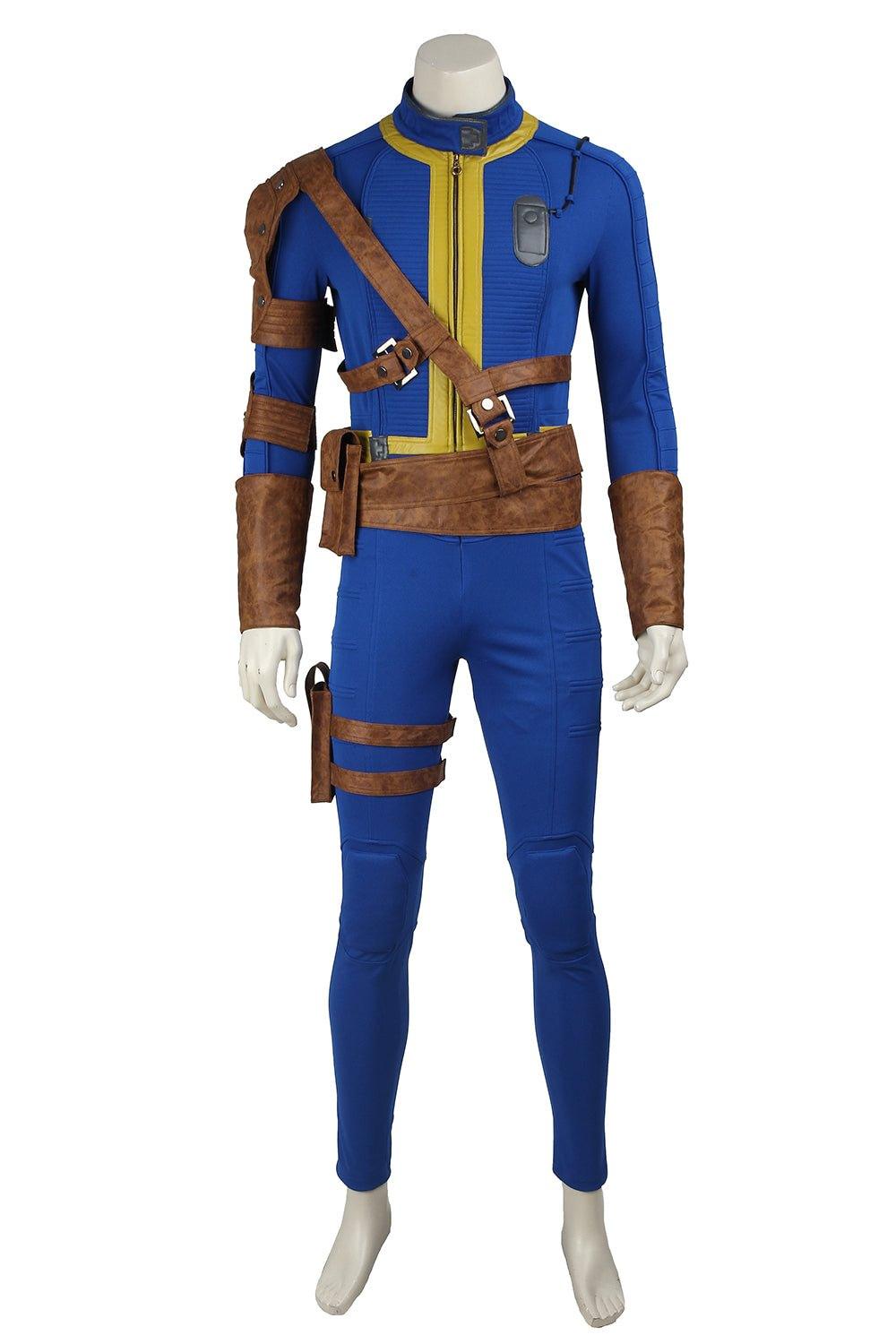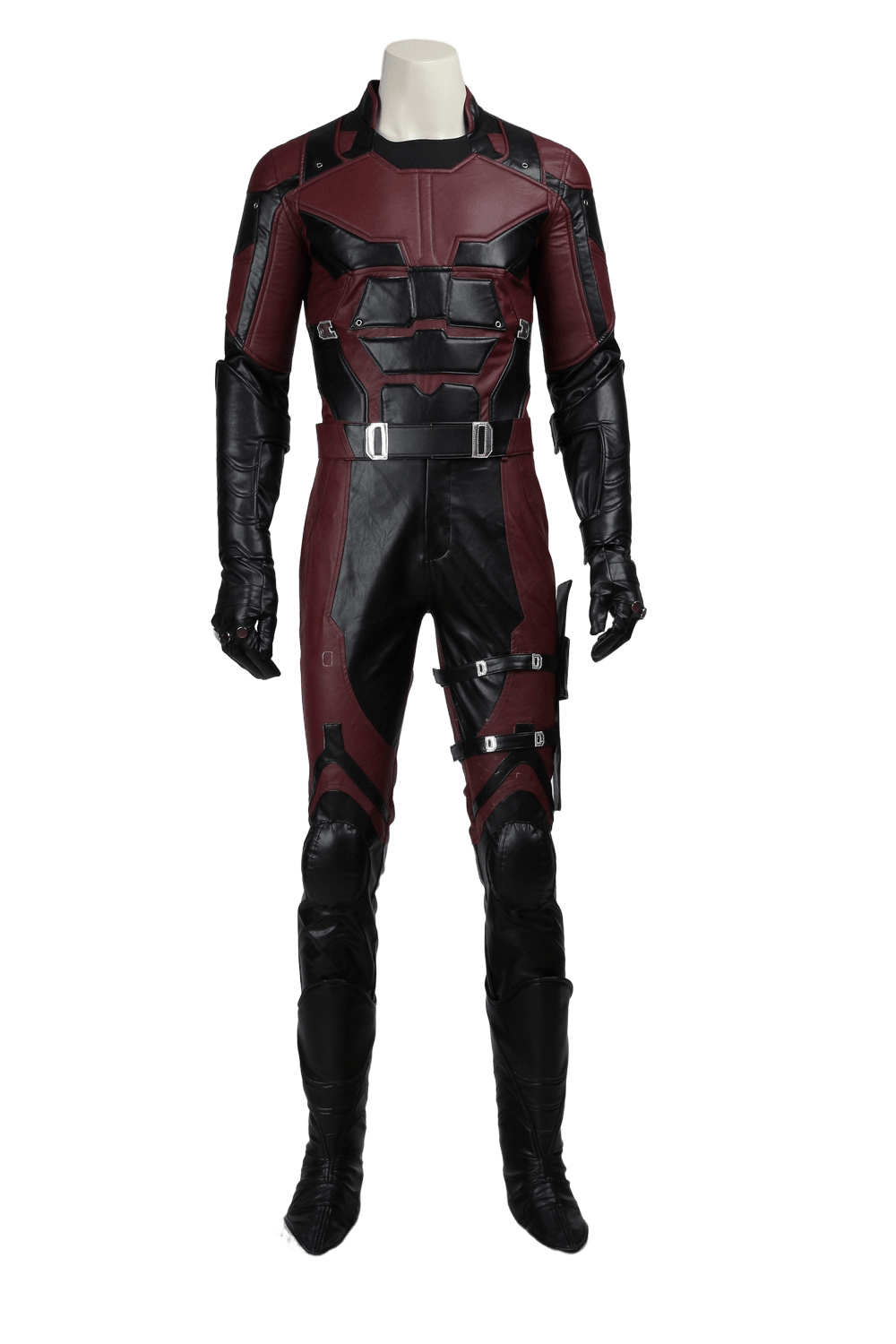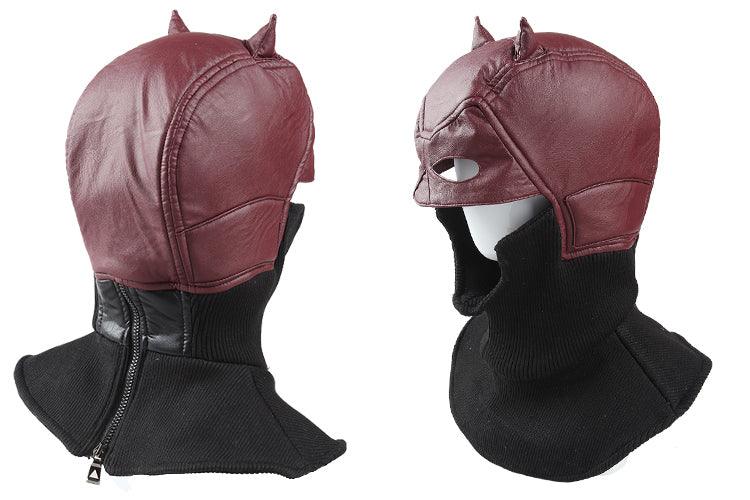The Sexualization of Cosplay: An In-Depth Analysis
Cosplay, a portmanteau of "costume" and "play," is a vibrant and creative hobby where individuals dress up as characters from various media, including anime, video games, movies, and comics. While it is celebrated for its artistic expression and community-building, cosplay has also become increasingly sexualized. This phenomenon raises questions about the underlying causes and its impact on the community. This comprehensive analysis explores the multifaceted reasons behind the sexualization of cosplay, its effects, and the perspectives of different stakeholders.
Historical Context and Evolution of Cosplay
Cosplay has its roots in the early 20th century, with fans dressing up for science fiction conventions. The term "cosplay" was coined by Japanese journalist Nobuyuki Takahashi in 1983 after attending WorldCon in Los Angeles. Since then, cosplay has grown into a global phenomenon, particularly flourishing in Japan and spreading to other parts of the world.
Reasons for Sexualization in Cosplay
1. Influence of Media and Character Design
One of the primary reasons for the sexualization of cosplay is the inherent design of many characters in popular media. Anime, video games, and comics often feature characters with exaggerated physical features and revealing outfits. These designs are intended to attract attention and appeal to specific audiences, often emphasizing sex appeal.
2. Social Media and Online Platforms
The rise of social media platforms like Instagram, TikTok, and OnlyFans has significantly contributed to the sexualization of cosplay. Cosplayers who post revealing or provocative content tend to receive more likes, comments, and followers, which can translate into financial gain through sponsorships, merchandise sales, and subscription-based platforms.
3. Market Demand and Commercialization
The demand for sexualized cosplay content is evident in the market. Websites like CrazeCosplay.com and others offer a wide range of costumes, including those that emphasize the seductive aspects of characters. The commercial success of these products indicates a consumer base that prefers or is willing to purchase sexualized costumes.
4. Body Positivity and Empowerment
For some cosplayers, sexualized cosplay is a form of body positivity and empowerment. It allows individuals to celebrate their bodies and embrace their sexuality in a creative and public way. This perspective views sexualized cosplay as an artistic expression and a means of challenging societal norms about beauty and modesty.
Impact of Sexualization on the Cosplay Community
1. Objectification and Harassment
The sexualization of cosplay can lead to the objectification of both characters and cosplayers. When characters are depicted primarily for their physical appeal, it reduces their value to their appearance rather than their personality or abilities. Similarly, cosplayers may feel reduced to their physical attributes, overshadowing their craftsmanship and creativity. This objectification can result in harassment, both online and at conventions, where inappropriate comments and behaviors are directed at cosplayers.
2. Reinforcement of Harmful Stereotypes
Sexualized cosplays often perpetuate harmful beauty standards and gender stereotypes. Characters with unrealistic physical features can reinforce societal ideals of attractiveness that are unattainable for most individuals. Additionally, certain sexualized cosplays may rely on stereotypes, such as the "sexy nurse" or "damsel in distress," which can contribute to regressive messages about gender roles and empowerment.
3. Mental and Emotional Well-Being
The pressure to conform to sexualized standards can impact the mental and emotional well-being of cosplayers. The constant judgment and comparison can lead to issues with body image and self-esteem. Cosplayers who do not wish to participate in sexualized cosplay may feel marginalized or less valued within the community.
Perspectives from the Cosplay Community
1. Diverse Interpretations and Choices
It's important to recognize that not all cosplayers choose to sexualize their costumes. The decision to incorporate a sexy element into cosplay is deeply personal and varies from person to person. Some cosplayers may focus on the craftsmanship and accuracy of their costumes, while others may enjoy the allure and attention that come with sexualized cosplay. The cosplay community is diverse, and respecting individual choices is crucial for maintaining a supportive environment.
2. Efforts to Promote Inclusivity
Many cosplayers and fans actively work to promote a diverse and inclusive environment that celebrates characters' personalities and stories rather than reducing them to their appearance. Conventions and online communities have implemented stricter policies and codes of conduct to address harassment and create a respectful space for all participants.
Case Study: CrazeCosplay.com
CrazeCosplay.com is a popular online store that offers a wide range of cosplay costumes, wigs, and accessories. The site features costumes from various fandoms, including anime, movies, and TV series. While CrazeCosplay.com provides costumes that cater to different tastes, including those that emphasize sex appeal, it also offers a variety of options that focus on character accuracy and craftsmanship.
Customer reviews of CrazeCosplay.com highlight the quality and variety of their products, though some users have reported issues with customer service and product quality. The store's success reflects the broader trends in the cosplay market, where both sexualized and non-sexualized costumes find a place.
Conclusion
The sexualization of cosplay is a complex and multifaceted phenomenon influenced by media representation, social media dynamics, market demand, and individual choices. While it can lead to objectification and reinforce harmful stereotypes, it can also be a form of artistic expression and empowerment for some cosplayers. The cosplay community continues to navigate these challenges, striving to create an inclusive and respectful environment that celebrates creativity and diversity.
Understanding the reasons behind the sexualization of cosplay and its impact on the community is essential for fostering a supportive and inclusive culture. By acknowledging the diverse perspectives within the community and promoting respectful behavior, cosplayers and fans can continue to enjoy and celebrate this unique and vibrant hobby.







